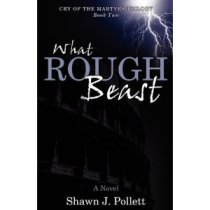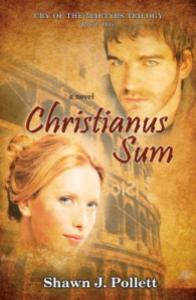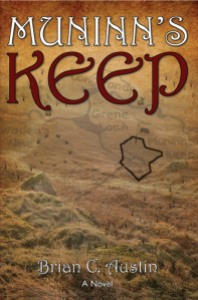Come to Me, by Laura J. Davis (Word Alive Press, 2010)
Come to Me is the story of Jesus as told by His mother, Mary, near the end of her life. Author Laura J. Davis has compiled the events from the four Gospels and filled in some of the blanks with her imagination. As she writes in the introduction, “If you are familiar with the Bible at all, you will recognize my ‘what-if’ scenarios throughout the book.” She’s invested considerable time in this project, and it makes an interesting and well-thought-out story.
Come to Me is told from a Protestant understanding, including mention of Jesus’ half-brothers and half-sisters. Roman Catholics and others whose teaching holds that Mary remained a virgin can still read and enjoy the book—just be prepared that you won’t agree with everything. The life of Christ as presented in Scripture has not been changed.
In reading between the lines of Bible text, the author attempts to make sense of how Judas Iscariot, and to a lesser extent Pontius Pilate, came to make the choices they did. The book makes no claim of historical accuracy in these extrapolations, but they’re plausible. Again, if you think differently, remember this is a novel and not a statement of fact.
The story is framed by Mary narrating to Luke and to others. The omniscient point of view keeps the tone somewhat emotionally distant, as we’re told what multiple characters in a scene are thinking. Technically, some of what’s told Mary couldn’t know (Jesus might have later shared His thoughts and feelings with her, but Judas and Pilate wouldn’t).
Aside from that, it’s a good novel to read, and telling “the old, old story” from a different angle lets readers gain new insight into the life of the One whose heart’s cry is “Come to Me”.
It’s especially poignant to read at Christmas or Easter, but it’s a good book for any time of the year. Readers familiar with the Scriptures will recognize many quotes from the Gospel accounts as the novel tells the life story of Jesus.
Come to Me is Canadian author Laura J. Davis’ first novel. You can learn more about Laura J. Davis at her website. Laura also writes two helpful blogs: The Writer’s Keep and Interviews and Reviews.
If you’re planning to buy a copy of Come to Me between now and February 14, 2011, visit Laura J. Davis’ online store. Laura will donate $1.00 from each book sold there to Compassion Canada.
[Review copy provided by the author for the purpose of a fair review.]




 In Every Heartbeat
In Every Heartbeat McShannon’s Chance, by Jennie Marsland
McShannon’s Chance, by Jennie Marsland

 Muninn’s Keep
Muninn’s Keep

